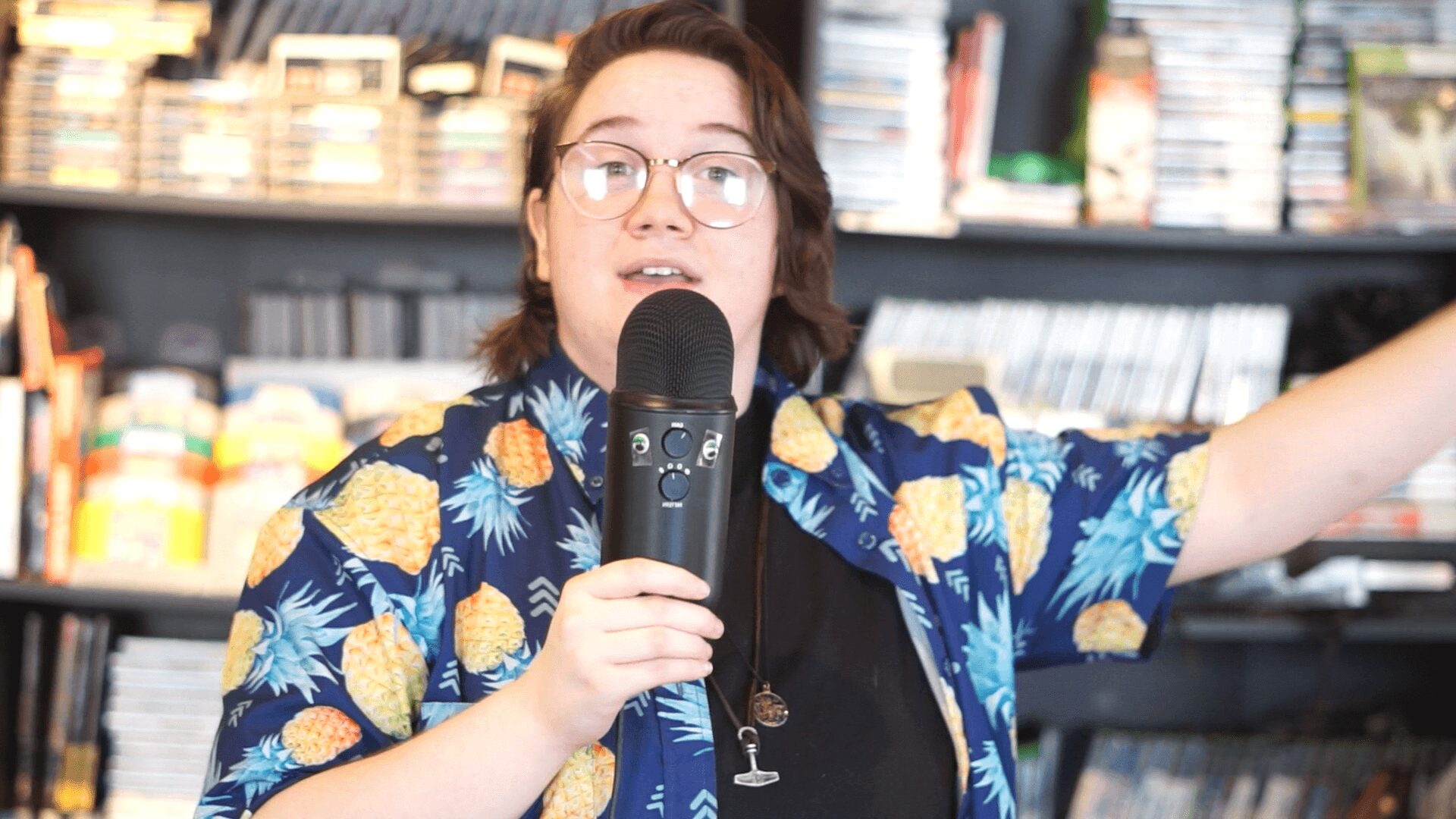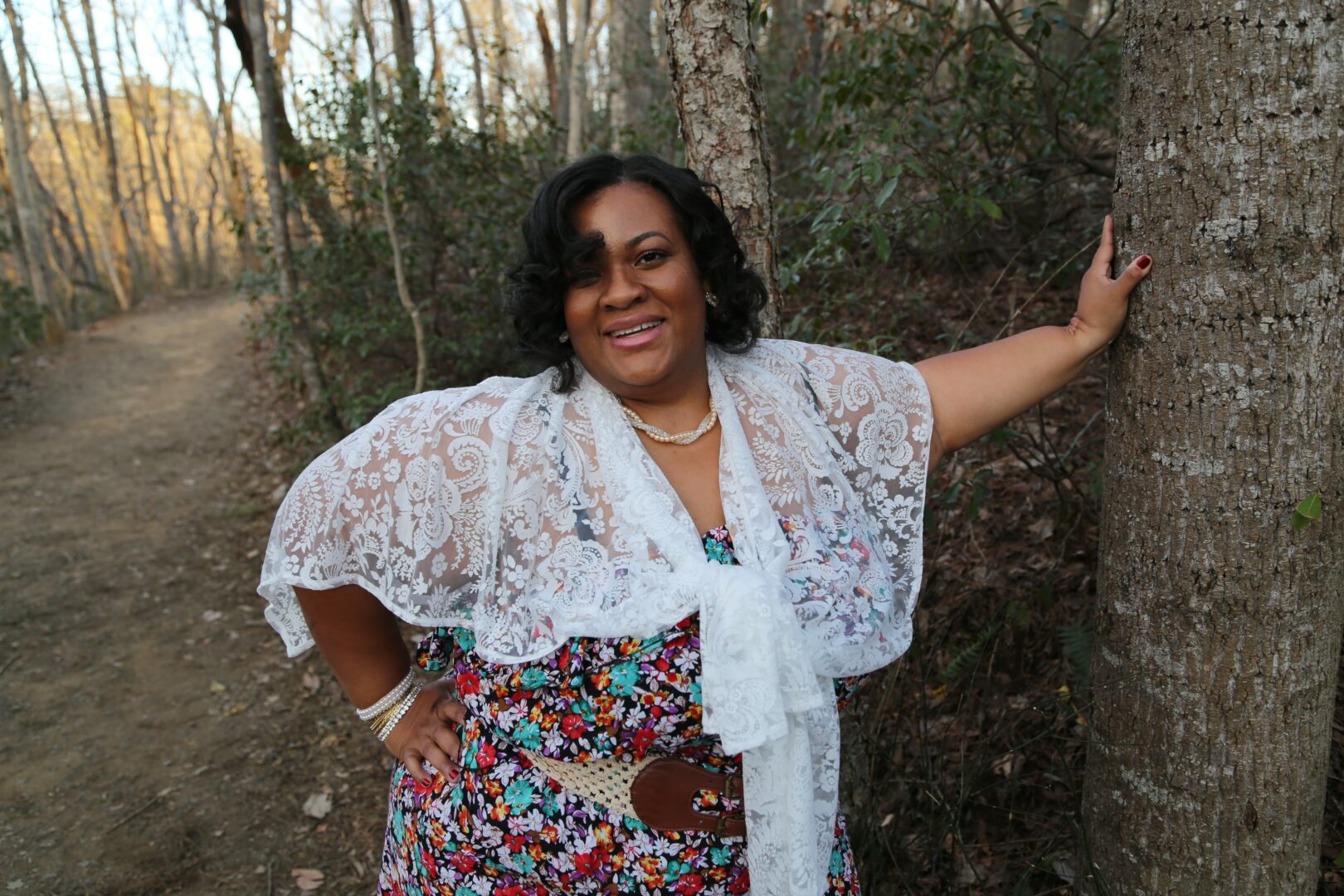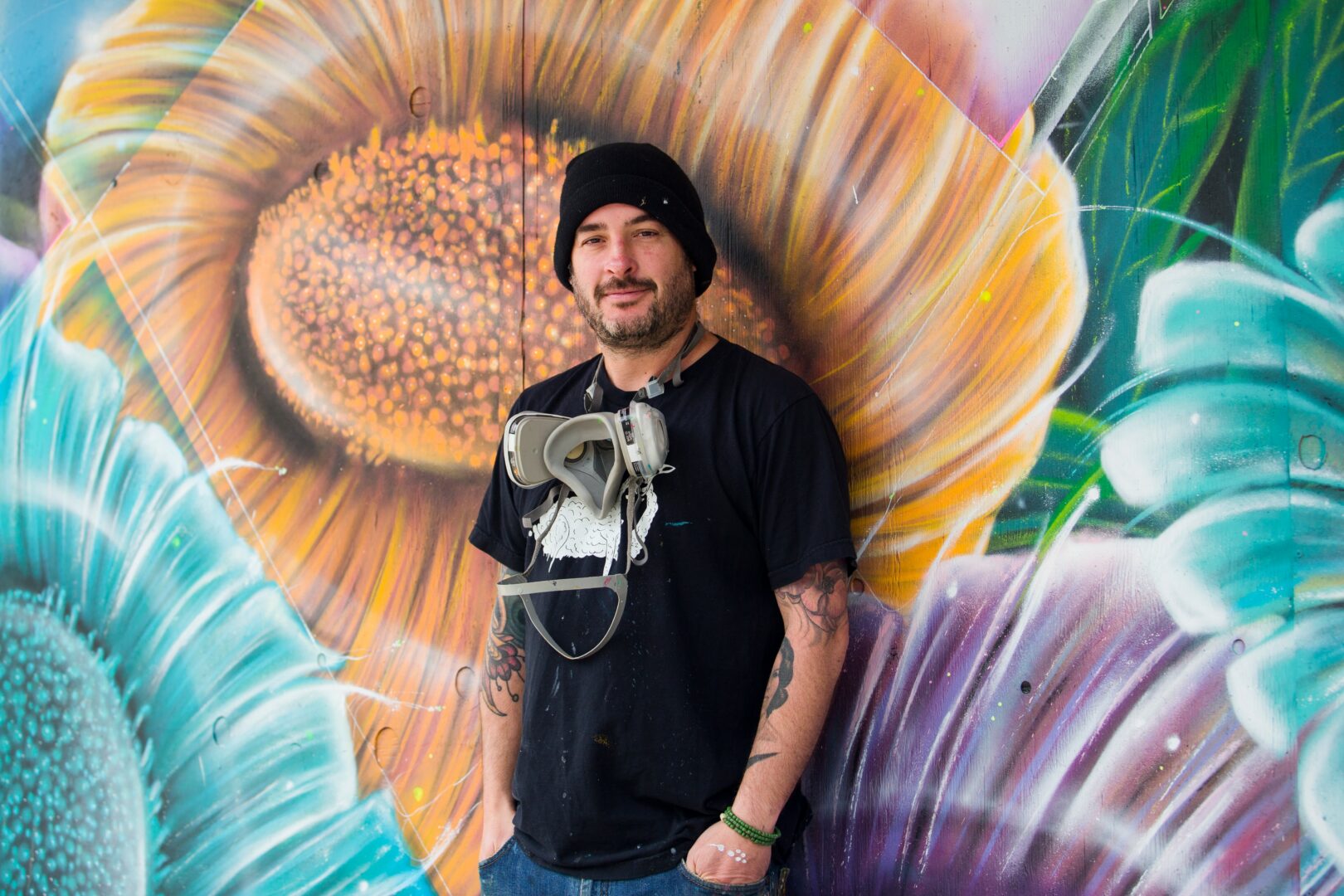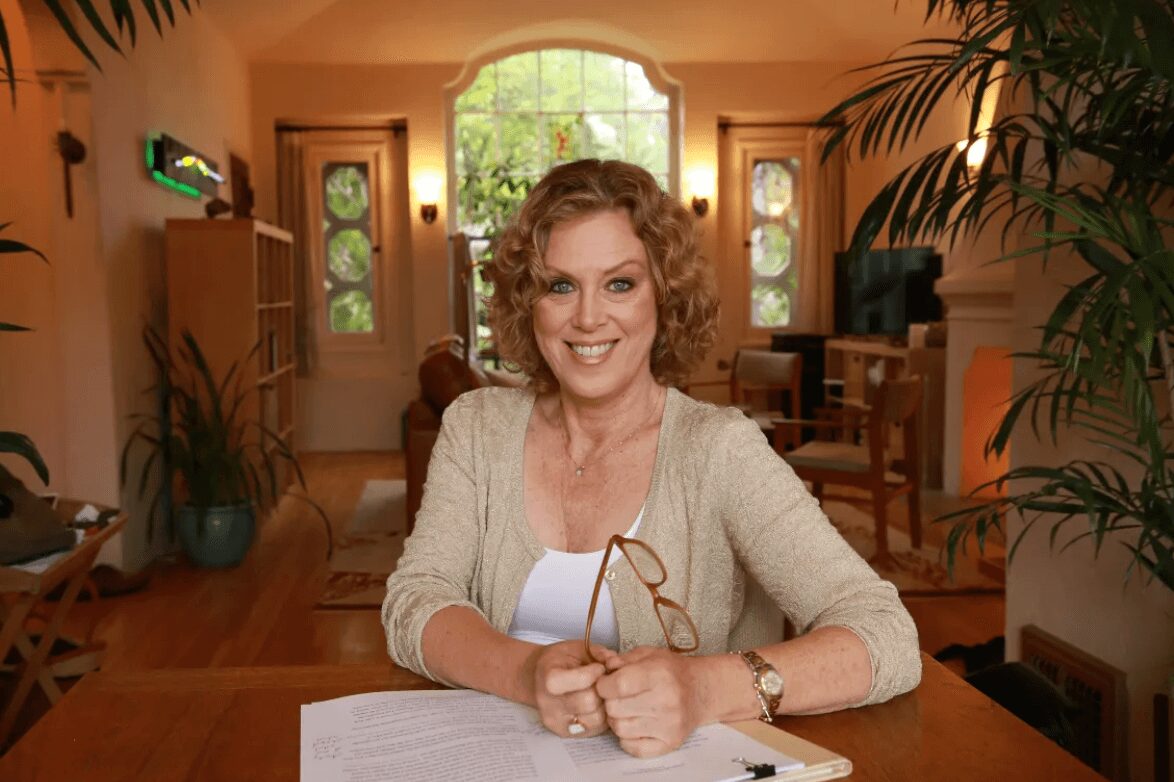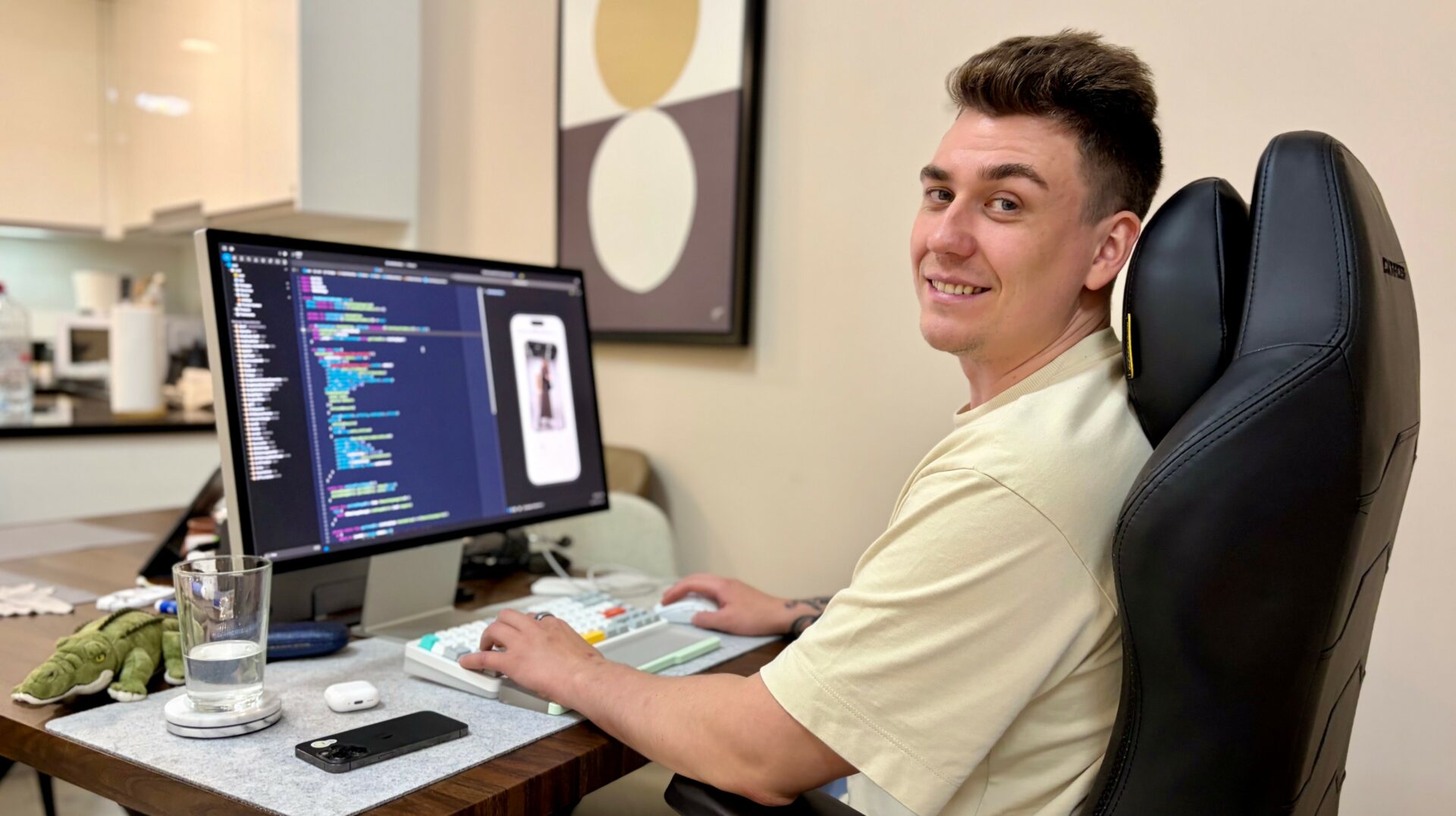“Empathy is about finding echoes of another person in yourself.” – Mohsin Hamid
We believe empathy is one of the most important ingredients enabling effectiveness and so we connected with some amazing folks to ask them about the conditions that allowed them to develop into such empathic leaders.
Clifford Garstang
After college, I joined the Peace Corps and served for two years as a teacher in South Korea. Korea is a rich country today, but back then, it was only twenty years removed from the devastating civil war that had left it impoverished and undeveloped. Read More>>
Ashley Norton
I think empathy came naturally to me, but it was shaped and deepened through my years working in the nonprofit world before I ever picked up a camera professionally. My degree is in Nonprofit Management, and during that chapter of my life, I worked with youth, veterans, environmental causes, advocacy organizations, and survivors of domestic violence. Read More>>
Autumn Noel
I would say growing up in the environment I grew up in of not having a strong support system.. it gave me that sense of relatability. That compassion for others and what they are going through. It gave me the ability to be vulnerable Read More>>
Anthony Dyer
Someone once told me that empathy is the cornerstone of respect and trust, and that’s always stuck with me. Looking back on my time in the Air Force, I had some incredible leaders, and the common thread among them was empathy. They didn’t just lead from the front—they listened, understood, and saw the world through other people’s lenses. Read More>>
Jake Randall
People want to be heard. We live in a world where everything is moving at 100 miles per hour, our calendars are packed, our notifications are overflowing, and it the midst of it all we can feel woefully short on authentic human connection. So for me it’s so impactful to give my clients space to be heard. Read More>>
Christiana Ulwelling
The conditions that allowed me to develop my empathy were both fragile and fierce. Growing up within the instability of foster care and children’s homes, I learned to listen not only with my ears, but with my whole being. In those spaces, where uncertainty lived in every corner, I began to sense the unspoken — the pain, the longing, the hope in others’ eyes. Read More>>
Xumeng Zhang
I was born in Beijing and am now based in New York. For a long time, I found myself sensing the atmosphere of a room before anyone spoke, carefully adjusting my reactions. Living and working across different cultures taught me to observe people’s responses with great care, so as not to come across as disrespectful unintentionally. Read More>>
Kayla Hamilton
Growing up my continual example from my parents, whether spoken, or by showing, was the idea that everyone on this earth experiences life differently, and through a different lens. My dad, a first grade teacher, constantly reminded me that it was of utmost importance to love people, no matter how different they were from me. Read More>>
Jordan Johnson
I’ve always been a sensitive and intuitive person, but my empathy really deepened through life experiences. Growing up, I was surrounded by both love and challenges, which taught me to tune into the unspoken emotions and energy in a room. Witnessing loved ones go through serious illnesses opened my heart even more and gave me a first-hand understanding of suffering and resilience. Read More>>
Saoire Duffy
I didn’t learn empathy in a classroom — I learned it in the trenches. I grew up watching struggle and grace share the same kitchen table. My grandmother carried herself with quiet strength through storms that would have broken most, and I studied that grace long before I understood it. Read More>>
Devika Kulkarni
Working in the visual design industry has taught me that empathy is at the heart of meaningful design. Understanding people, their emotions, behaviors, and unspoken narratives is essential to creating visuals that truly connect. Over the years I’ve spent in design school, I’ve developed a strong emotional connection to the topics I work on. Read More>>
Hannah Hutchinson Clarke, MPH
My empathy was born out of profound loss. When my mom was diagnosed with frontotemporal dementia at the age of 56, two weeks before my college graduation and two months before I was set to start medical school, I suffered a deep grief. Read More>>
Erin Wright
Empathy is a part of emotional connection. Everyone’s hurt, so how can you not connect with that? For most of my life, it was difficult to be honest and open enough to empathize with others. It took moving to a new state, getting a new job, and leaving friends behind. That hurt. The grief and hurt never go away, either. Read More>>
Patrick Powers
I grew up in a rough area. Fortunately, it is not that way anymore. When it was, I was surrounded by people who were filled with hate and malice. Day after day you would experience or encounter something horrible. Parents abusing their children, racists acting out physically or verbally. There was a terrible separation that was growing among lots of people in the neighborhood. Read More>>
Mindy Lim
That’s a question that gets to the very heart of why Daikon exists. For over 20 years, I was a chef in a very traditional sense. I owned three other restaurants, and my world was built around classic ingredients and techniques. The truth is, I didn’t think deeply about empathy in relation to my ingredients back then. Read More>>

